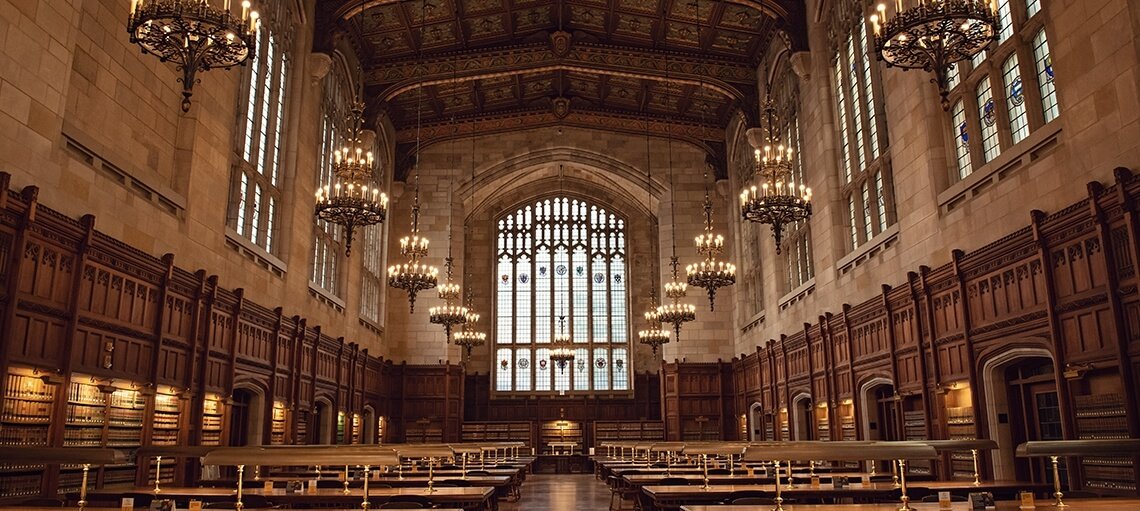
For the longest time, the stories that have been told of women in early modern England and, to an extent, the broader Atlantic World were defined by the alleged restrictions women faced in a number of social, economic, and legal settings. The historiography tended to mirror the idealized fiction of contemporary didactic authors as opposed to the social realities of everyday life. This thesis, in joining with scholars like Amy Froide, Amy Erickson, and many others, seeks to problematize and revise the aforementioned narrative by focusing on the lived experiences of women through the lens of England’s equity courts: the Exchequer and the Chancery. By exploring the stories of a plethora of female litigants in such venues, I argue that increasing amounts of women, assisted by the burgeoning public sphere and commercialization of society, initiated and sustained legal action over the aforementioned period. While women participated in legal proceedings for a number of reasons, this thesis mainly considers three bodies of litigation: probate, family, and commerical. In each of these sections, action was brought by and against women. They sued as widows, mothers, wives, daughters, and sisters as well as business partners and investors. In short, women were everywhere in the equity courts and, as such, they were neither as silent nor as passive as has been assumed.

